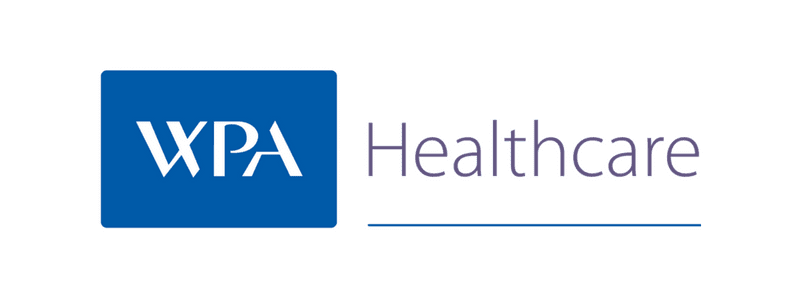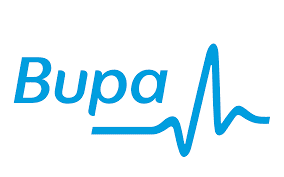Currently thousands of amateur runners are training for the longest, most difficult and gruelling twenty-six miles of their life: the London Marathon. Many will have already started their training and others will be kicking off soon. To help you reach the finish line, Rod Gillingham (Osteopath at Freedom Clinics) and Pete Hopson (Personal trainer and running coach at Pure Gym, Leeds) have outlined a detailed training plan, highlighting common injuries and top tips for avoiding pain.
For the vast majority of people, running will give a variety of health benefits such as weight loss, reduced risk of disease and improved mood. On the cold, dark nights at this time of year it can be difficult to drag yourself out for a run but you will almost certainly feel better for it.
Whether you are an experienced runner, someone who has done a few 10ks or a complete novice, if you hope to progress you should have a structured approach to training. It can be very easy to fall into the trap of doing too much or too little training; finding the right balance is key. You should always respect the challenge, don’t plan to do a few runs a couple of weeks before your race and expect to complete a marathon or half marathon. On the other hand, try not to increase your running mileage too quickly as this can lead to some of the injuries listed in the Common Injuries section of this article.
The sports massage therapists at Freedom Clinics offer advice, help you prepare and get you back on your feet if you do pick an injury. Click to book a 10, 30 or 60 minute sports massage appointment with:
Steve McCann – Canary Wharf London
Marta Nunez – Canary Wharf & Moorgate
Matthew Hirst – Leeds
If you suffer from any cardiac or respiratory conditions or are concerned that distance running may adversely affect your health, you should consult your doctor before beginning a training programme.
This training plan is designed for someone who has done some running before and is stepping up to marathon distance for the first time.
Marathon training plan
| Week | Mon | Tues | Wed | Thurs | Fri | Sat | Sun | Total mileage |
| 1 | Rest | 4 miles easy | Rest | 5 miles normal | Rest | Rest | 5 miles easy | 14 |
| 2 | Rest | 4 miles easy | Rest | 6 miles normal | Rest | Rest | 7 miles easy | 17 |
| 3 | Rest | 4 miles easy | Rest | 7 miles normal | Rest | Rest | 8 miles easy | 19 |
| 4 | Rest | 4 miles hard | Rest | 8 miles easy | Rest | Rest | 10 miles easy | 22 |
| 5 | Rest | 4 miles normal | Rest | 8 miles normal | Rest | Rest | 12 miles easy | 24 |
| 6 | Rest | 5 miles hard | Rest | 9 miles normal | Rest | Rest | 12 miles easy | 26 |
| 7 | Rest | 6 miles easy | Rest | 6 miles normal | 4 miles easy | Rest | 12 miles easy | 28 |
| 8 | Rest | 6 miles hard | Rest | 10 miles easy | Rest | Rest | 14 miles easy | 30 |
| 9 | Rest | 6 miles easy | Rest | 8 miles easy | Rest | 3 miles very easy | Half marathon or 13 milesmarathon pace | 30 |
| 10 | Rest | 4 miles very easy | Rest | 6 miles easy | Rest | Rest | 10 miles easy | 20 |
| 11 | Rest | 7 miles normal | Rest | 6 miles easy | 6 miles normal | Rest | 10 miles easy | 29 |
| 12 | Rest | 8 miles normal | Rest | 6 miles hard | Rest | Rest | 18 miles easy | 32 |
| 13 | Rest | 6 miles normal | Rest | 8 miles easy | Rest | Rest | 20 miles easy | 34 |
| 14 | Rest | 3 miles very easy | Rest | 10 miles normal | Rest | Rest | 12 miles easy | 25 |
| 15 | Rest | 6 miles hard | Rest | 4miles hard | Rest | Rest | 5 miles normal | 15 |
| 16 | Rest | 4 miles easy | Rest | Rest | 3 miles very easy | Rest | marathon | 35 |
Common Injuries
Research shows that up to 79% of runners suffer from running related injuries at some point. The vast majority of these injuries are considered ‘overuse’ injuries, which are often the result of biomechanical imbalances and strain.
The most common sites for injury are the foot and ankle, knee, hip and pelvis.
Common injuries include:
- Foot and ankle: Achilles tendonitis, shin splints, plantar fasciitis.
- Knee: ITB and runners knee, patella tendonitis, patellofemoral pain syndrome.
- Hip and pelvis: bursitis, hip flexor tightness, sacroiliac joint pain.
Top tips for avoiding running injuries
- Invest in good quality running shoes based on an accurate gait analysis (assessment of your running style).
- Do gentle stretches before you run, stretch further and for longer AFTER you run.
- Don’t run through pain – you will probably make it worse. If you do begin to experience discomfort or pain, make an appointment for a free consultation at Freedom Clinics.
- Post exercise recovery aids such as compression garments, ice baths and sports drinks may help you to recover after your long sessions sooner.
If you are concerned about an injury and would like a free consultation, contact Freedom Clinics (0113 380 0999).





